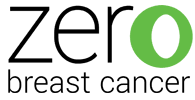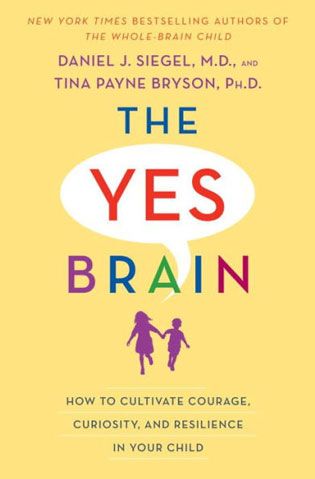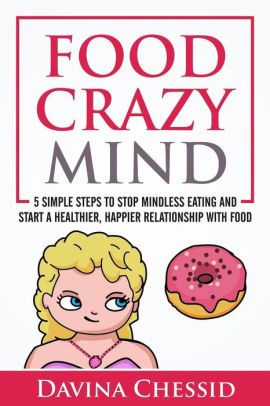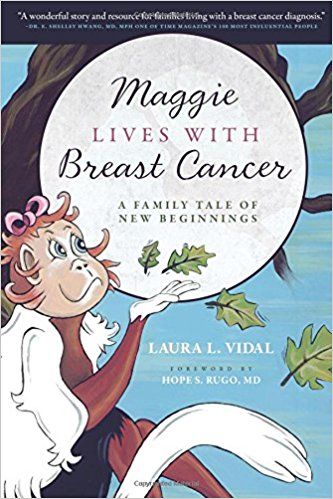Blog
- Details
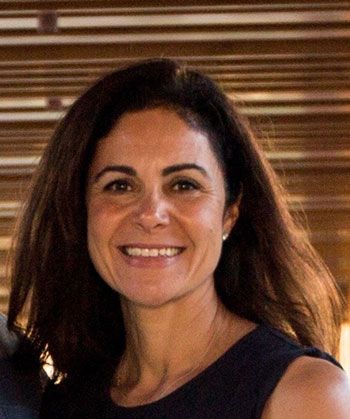
Speaking to Arbella Parrot, you naturally latch on to her every word and get inspired by what she shares given her sincerity and enthusiasm. A licensed clinical psychologist for eighteen years, Arbella joined the ZBC board just over a year ago and has been an invaluable member of the organization ever since. We took some time to catch up with her as part of a Get to Know the ZBC Board series and are so honored to share her story with you.
- Details
If you are a survivor, previvor or caregiver affected by a hereditary cancer, have ever wondered whether you should pursue genetic testing, or have tested positive for a mutation and wondering what the next steps are, Facing Our Risk of Cancer Empowered (FORCE) has a website chock-full of information and resources. FORCE is a non-profit organization committed to promoting awareness, sharing current information, providing support, advocating for and supporting research, and building a community of research and medical experts to guide those who are dealing with hereditary breast, ovarian and related cancers. Whether you are new to the topic or well-informed, this website can provide useful information and support to guide your journey.
- Spread the Love: Ideas for Safe and Healthy Valentine’s Day Gifts
- Start 2018 with Health Promoting Habits: Seven Natural Ways to Control Your Appetite
- The Breast Cancer Survival Manual by John Link, MD
- Being Mortal: Medicine and What Matters in the End by Atul Gawande, MD, MPH
- ZBC Featured on 360BayArea Podcast - Beyond the Pink
- The #metoo World of Breast Cancer Treatment
